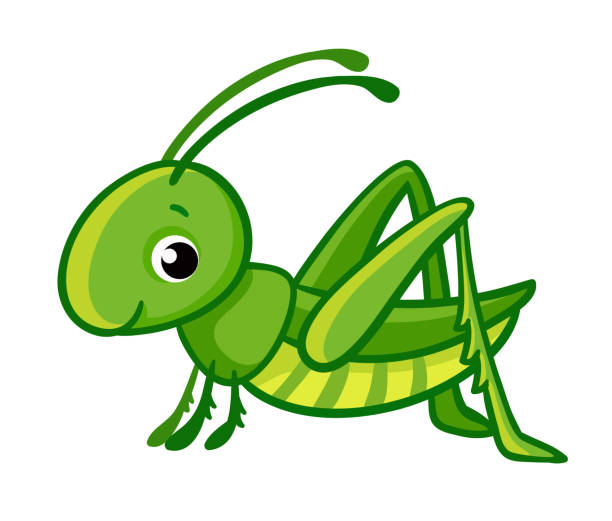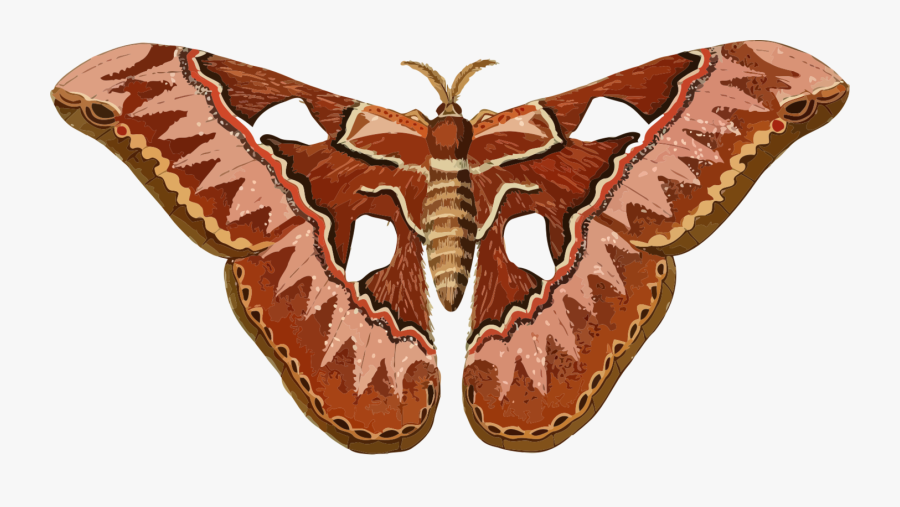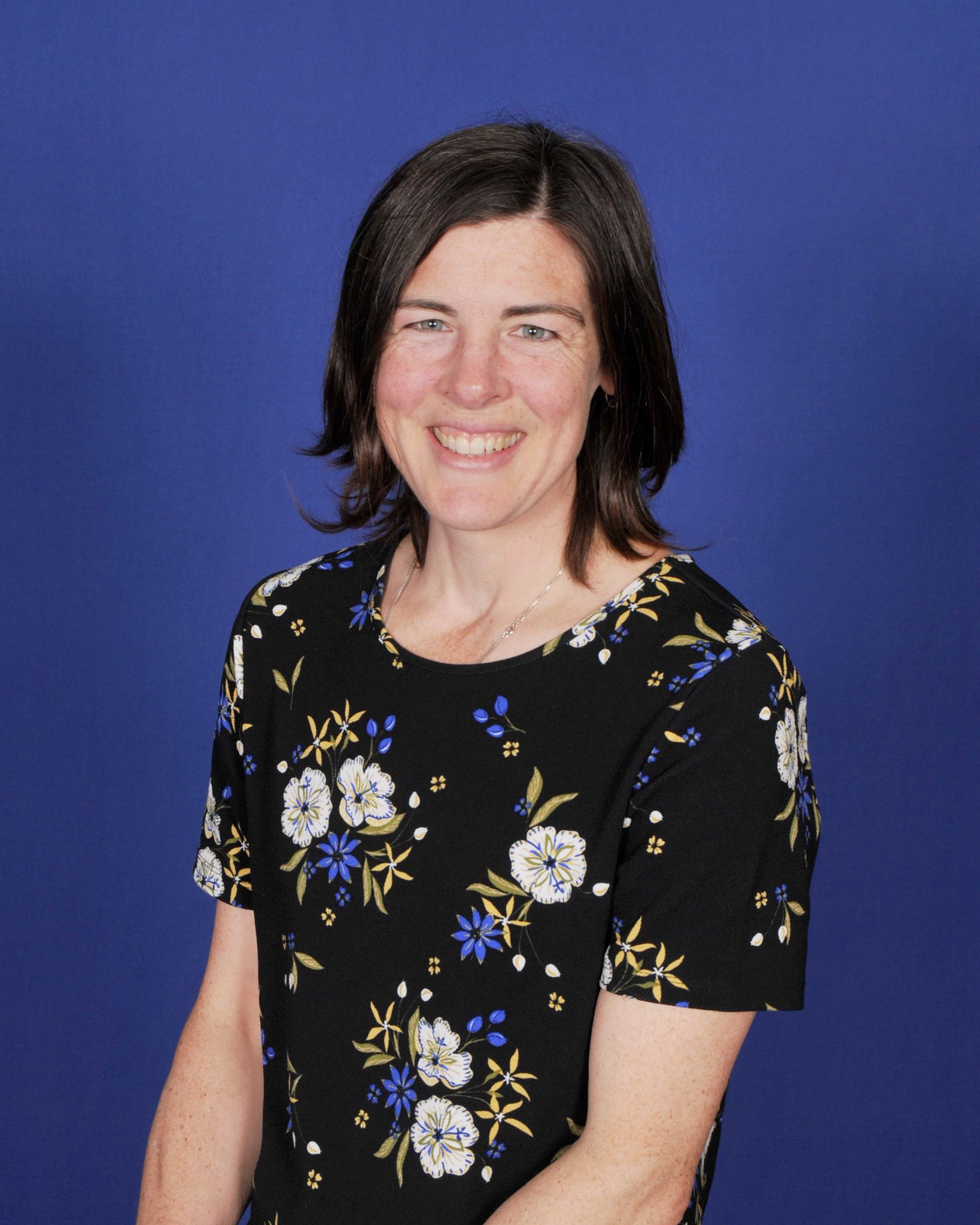Welcome to Year 4


Grasshopper and Moth classes are our Year 4 classes here at the Isle of Ely Primary School. From this page, you will be able to read all about our engaging curriculum for the half term and see all of our fantastic learning activities.
PE days are Tuesday(Cricket) and Thursday (Fitness).
Library - Wednesday
Who works in Year 4?
Grasshoppers
Mrs Beth Wilshin Miss Isobel Fish

Moths
Mrs Pelin Silveira Mrs Amy Wreathall

.jpg)
Our Curriculum – Summer 2:
This half term we will be learning:
|
English |
In English this half term, we will be learning how to write a discussion text. We will use the model text ‘Do we still need zoos?’ to understand the structure and practise sharing two sides of an argument. We will also be learning the fable ‘The Vain Jackdaw’, which we will use to focus writing openings and endings. We will explore how to reveal more about the character through their actions and speech, as well as how to describe their inner thoughts. We will explore the similarities and differences between the model text and the ugly duckling, which will enable us to explore different perspectives in fables. |
|
Maths |
In maths this half term, we will be looking at time and converting between digital and analogue, as well as solving problems involving lengths of time. We will be looking at charts and tables as well as line graphs in statistics. We will be identifying, comparing and ordering angles as well as learning about lines of symmetry. We will end the year by learning about position and direction so that children are able to translate and reflect shapes on a grid. |
|
Science |
Children will reconnect to previous learning in year 2 about electricity, what we use it for, how it behaves and how we must use it safely. They will make simple circuits and consider what happens when the circuit is broken, they will learn about Thomas Edison who invented the first lightbulb suitable to use in homes and about conductors and insulators. |
|
History |
This half term, the children will continue to deepen their understanding of the Stuart period, exploring the evolving role of the monarchy throughout the 17th century. They will examine the restoration of Charles II following Cromwell’s Commonwealth, as well as significant events that shaped the era, including the Great Plague and the Fire of London. The children will also learn about the reign of James II, the Glorious Revolution, and the ascension of William and Mary, culminating in the establishment of the Bill of Rights—an important milestone in British constitutional history. |
|
Geography |
In geography, we will be exploring Asia in depth by looking at the five regions: Central Asia, Southern Asia, Eastern Asia, South-eastern Asia, and Western Asia. Each week we will be exploring each region by looking at its climate, population and their biomes. |
|
PE |
This half term in PE we will be looking at athletics and rounders. We will explore all areas within athletics to ensure we are ready for sports day. We will also be exploring the skills and techniques to be able to play the game of rounders. |
|
R.E |
In RE we are going to be looking at spiritual journeys for the whole term. We will start by exploring what a spiritual journey is. From this we will then look at all religions and explore in depth of what their journeys are and how they are different within each religion. |
|
Spanish |
This half term, we will be finding out all about the weather and ice creams. We will start by learning weather phrases, then learn how to describe the weather in different seasons, and use a map of Spain to give a weather forecast. We will move on to look at ice cream flavours and will describe and create your perfect ice cream. |
|
PSHE |
During PSHE this half term we will looking at the unit changing me. We will look at being unique, having a baby, girls and puberty, circles of change, accepting change and looking ahead. |
|
Art |
This half term we are going to be introducing the children to needlework and embroidery through study of an intricate and richly coloured embroidered panel by Margaret MacDonald. The children will design and create their own bookmarks using cross-stitch. We will also look at tapestries made at Mortlake based on drawings of the life of Christ by Raphael and study the abstract work of Anni Albers who was part of the Bauhaus movement. |
|
Music |
In Music, the children will be introduced to fanfares, learn about their composition and how they have evolved from their initial creation, often to introduce someone important such as a monarch, to how they were then written to honour ordinary people such as soldiers. Children will also be composing and evaluating their own fanfares. |
|
Computing |
In computing this half term we are learning to be photographers. We are learning that taking a good picture is more than just ‘taking a picture’ and that we can edit, crop, enhance and configure pictures. We are going to be using various different online platforms, starting with paint, to learn how to edit photographs. Perhaps this is something you child could do at home? |
Knowledge Organisers
At the Isle of Ely Primary School, we use knowledge organisers as a tool to help our children learn more and remember more and to allow parents and carers to support their children's learning. In our knowledge organisers, you will find essential knowledge, key dates, important vocabulary and key figures. The knowledge organisers can also be used as a fun assessment tool which will help children to see the progress they have made.
| Music |
Year 4's Spine Story: The Boy at the Back of the Class by Onjali Rauf
Weekly Newsflash
W/C 7th July 2025
Year 4 have been on their residential to Inside Out this week. They had a brilliant time and all faced new challenges. They took part in activities such as slack lines, a wet and wild assault course, whittling and played a lot camp games. They also ran the camp by making fires, cooked meals and cleaned up. We learnt about conductors and insulators in science and carried out an investigation to find out whether items in our classroom conducted electricity or not.
W/C 30th June 2025
This week, we have been learning about the story pattern of fables and have looked at the morals of few well-known ones such as The Boy Who Cried Wolf and The Tortoise and the Hare. We have started to plan our innovate story based on the Ugly Duckling. In maths, we have been learning about pictograms and bar charts. We have been looking at how to interpret the information on these to answer comparison questions. In PE, we have been practising our athletics skills ready for sports day later this month.
W/C 23rd June 2025
This week, we have started learning the fable ‘The Vain Jackdaw and the Peacock’. The children have enjoyed learning this off by heart alongside actions. We have explored how the author describes the characters by sharing their inner thoughts and how this changes throughout the story. We have also revised how we punctuate dialogue and use said synonyms to show how the character is speaking. We used drama to explore stage directions that we might include with dialogue to tell us more about a character’s personality. In maths, we have been learning about the different types of triangles and quadrilaterals, as well as finding lines of symmetry within shapes. We have been learning about Japan in geography. We have used atlases to locate its 4 main islands, Mount Fuji and the capital Tokyo.
W/C 16th June 2025
The children enjoyed celebrating World Music Day on Thursday. It was fantastic to see them all dressed up as their favourite musicians and we had a lovely day taking part in a range of workshops. They learnt the World Music Day anthem so ask them if they can sing this to you! We have also been busy doing assessments in reading, maths, spelling, punctuation and grammar. The children have all shown great resilience during these and have worked hard to show their knowledge. In PSHE, we have been learning about puberty where the children have all shown a mature attitude in our discussions. The children may come home and ask further questions.
W/C 2nd June 2025
This week, we have started our new English unit on discussion texts. We have learnt our model text ‘Should we still have zoos?’ and have been looking at how discussion texts use facts, opinions and generalisers. In maths, we have been learning about time: revising how to tell the time on an analogue clock, converting this to a digital clock and looking at the 24 hour clock. In history, we have been learning about Charles II and the restoration of the monarchy.
The children will be completing the multiplication assessment next week so please encourage your child to continue to practise their times tables.
W/C 19th May 2025
We have had a fantastic Art’s Week, which has been themed around our school value of being reflective. The children have enjoyed a range of workshops including African drumming, singing a verse from The Eye of the Tiger to perform as a school, creating rainbow xylophones for the forest school area and using drama to explore how we can show gratitude. They have showed great resilience when learning new skills such as French knitting and origami. We met the illustrator Melissa Castrillon who read the book Love is my Favourite Colour and shared her experiences of reflecting on her illustrations.
W/C 12th May 2025
In English, the children have written their own portal stories. They have all worked incredibly hard to include the tools for suspense, as well as developing their descriptions. We have been learning about money in maths: converting between pounds and pence, comparing amounts and estimating totals. Our science lessons have been about the water cycle this half term. The children have learnt about the processes evaporation, condensation and precipitation.
W/C 5th May 2025
This week, we have been writing our portal stories about Lila, the firework maker’s daughter. The children have all been able to use the suspense tools we’ve been learning and our model text to write fantastic portal stories. In maths, we have been rounding decimals to the nearest whole and learning the decimals equivalents to halves and quarters. In geography, we have been learning about the continent of Asia. This week, we focussed on Western Asia and its desert climate. The children have used atlases to locate the countries, seas and deserts.
W/C 28th April 2025
In maths, we have been partitioning and comparing decimals using our knowledge of tenths and hundredths. We have been learning about personification, similes and the power of three in English to help us with writing for suspense. In art, the children have been learning about Byzantine monuments and the mosaics used within them. We looked at the Hagia Sophia in Istanbul and the children completed their own sketches inspired by these. They enjoyed doing this in the outdoor classroom.
W/C 21st April 2025
This week, we have started learning our model text ‘The Time Slip Scarab’ by retelling it with actions. The children have been learning about similes and personification as tools to support our descriptive writing and build suspense. In maths, we have continued our work on decimals: dividing by 10 and 100 and using our understanding to answer reasoning questions. We started our history unit about the Stuarts by learning about the Union of the Crowns where James VI of Scotland also became King James I of England. In science, we have explored the states of matter and investigated how long it takes an ice cube to melt at room temperature.